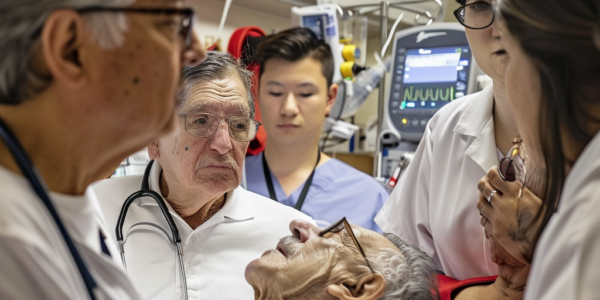AI Advances Early Detection of Lung Condition in Premature Infants
Recent advancements in artificial intelligence (AI) are revolutionizing respiratory medicine, particularly in detecting bronchopulmonary dysplasia (BPD) in premature infants. Highlighted at the European Respiratory Society Congress, Swiss researchers demonstrated how artificial neural networks (ANNs) can accurately identify BPD using non-invasive airflow measurements. This innovative approach simplifies diagnostics and promises earlier interventions for vulnerable infants, showcasing the transformative potential of AI in healthcare.
Higher Sedation Rates for Hispanic Patients on Ventilators May Impact Survival
Hispanic Americans on ventilators have a higher risk of death than white peers, possibly due to heavy sedation. Research from NYU and University of Michigan found that Hispanic patients in respiratory failure receive heavy sedation at a rate five times that of white patients, potentially lowering their odds for survival. The study suggests that language barriers, cultural differences, and hospital quality may be contributing factors.


